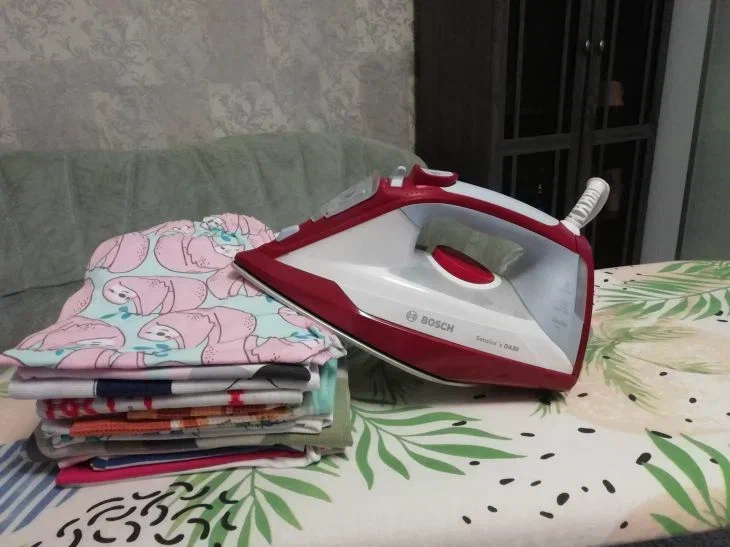Many housewives, despite the fact that they know about the ban on using an iron for wet things, still resort to this method when they are faced with the need to urgently dry clothes.
This article will tell you what awaits you if you decide to follow in their footsteps.
Natural silk
Decided to iron a wet blouse made of natural silk? You can place the ironing board next to the trash can, because that is where the item will go next.
Ironing while wet causes fine natural threads to become even thinner and break, and the fabric to lose its smoothness and attractive appearance.
Cotton
Cotton, oddly enough, should be ironed when it is still slightly damp. Damp, but not wet – because in this state the iron can stretch the fabric.

Moreover, due to the aggressive drying method using an iron, cotton bed linen says goodbye to its previously inherent softness and durability.
Thick linen
But it is recommended to straighten out folds on linen products when they are still wet. Just don't forget to shake the fabric well beforehand. You can only iron the fabric through a protective layer of gauze.
Velveteen
Another material that can be carefully ironed when wet, but well wrung out. This, however, applies to all fleecy fabrics, which, to avoid streaks, should not be sprayed with water or moistened with an iron.
Earlier we talked about how to make things smell good after ironing .








